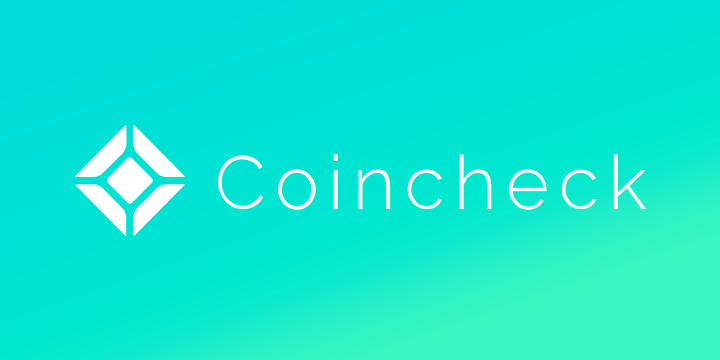

The company later offered these land NFTs to Japanese gamers through its Coincheck NFT marketplace.

Back in February this year, the platform bought a large number of LAND in The Sandbox. That’s a whole lot of untapped market share for The Sandbox.īut to be clear, the SAND listing is not the only Coincheck collaboration with The Sandbox. As of writing, Coincheck has more than 1.6 million verified accounts on the platform. Given that Coincheck is one of the largest crypto exchanges in Japan, the SAND listing will certainly help boost The Sandbox’s presence in the 3rd largest gaming market in the world. If you’re a Coincheck user, you will not want to miss this event! The Sandbox is ready to widen its global reach


The first 10 customers who purchase a total of 50,000 Yen or more of SAND will stand a chance to win 100,000 Yen as a reward. In order to commemorate this occasion, Coincheck has launched a special campaign for its customers too. With the SAND listing, all Coincheck users will be able to trade SAND against JPY and BTC on the platform starting from today. What do we know about the SAND listing on Coincheck? Coincheck is the first Japanese crypto exchange to list SAND. What do we know so far about the token listing then? Let’s dive into the details. The announcement came as part of The Sandbox’s efforts to expand its global footprint. Apologies.Coincheck is now the first Japanese crypto exchange to list The Sandbox’s SAND tokens. The offending site is currently down-replaced with a message: “Taken down. However, the tool at iotaseed.io apparently also stored data about each seed generated along with information about the wallet it was associated with, allowing whoever was running the site (or whoever hijacked it) to simply wait until wallets were filled and then cash them out. IOTA wallet seeds are a string of 81 (preferably randomly generated) characters. It’s equivalent to giving your keys to someone as you go into a store, and then coming back out to find that your car is gone. That essentially means that they gave away their private key to a thief. Therefore, they trusted it, and generated a seed there. It was meticulously crafted in such a way that it ended up being at the top of a Google search for IOTA seed generator, it was the first thing listed in the ads…So, this malicious actor essentially had people go there, and he/she created a website that looked very legitimate to new users.
Coincheck us reviews password#
What actually happened was a lot of unfortunate users were generating their unique seed (which is what you derive your password from) from a false website, a phishing website. That incident is thanks to what IOTA founder David Sønstebø characterized in an interview with Rachel McIntosh of the cryptocurrency news site Finance Magnates as a “phishing website” masquerading as a legitimate tool for creating the cryptographic seed for IOTA wallets: This latest theft comes a week after it was revealed that the relatively small sum of $4 million worth of IOTA cryptocurrency had been stolen from investors’ wallets. They were very relaxed with their security measures.” It is not clear if there was actually a “hack” at this point. Lon Wong, the president of the NEM Foundation, was quoted by Sead Fadilpašić and Stuart Garlick of as saying, “This is the biggest theft in the history of the world.” Wong told Cryptonews that NEM’s technology was not responsible and that Coincheck did not implement NEM’s multi-signature smart contract, “and that's why they could have been hacked. ぷちぱ☆ 八木ひなた🐐 3.21ワンマン January 26, 2018Īrs attempted to reach representatives of Coincheck and the NEM Foundation without success. At about the same time, police were seen at Coincheck’s offices. “We sincerely apologize for these inconveniences and will continue to do our best to be back to normal operations as soon as possible,” the spokesperson wrote. In a follow-up announcement four hours later, a company spokesperson expanded the shutdown to all currencies, and by 6pm JST all payment processing had been suspended. Police were reportedly at Coincheck’s offices.Ĭoincheck announced the shutdown of NEM deposits at about noon Japan Standard Time Friday (10:00pm Eastern Time on Thursday). At the time of the theft, 500 million XEM was worth approximately $400 million US. The Japanese cryptocurrency exchange Coincheck has shut down trading and withdrawals from accounts after a reported theft of more than 500 million XEM-the blockchain-based cryptocurrency created by the NEM Foundation.


 0 kommentar(er)
0 kommentar(er)
